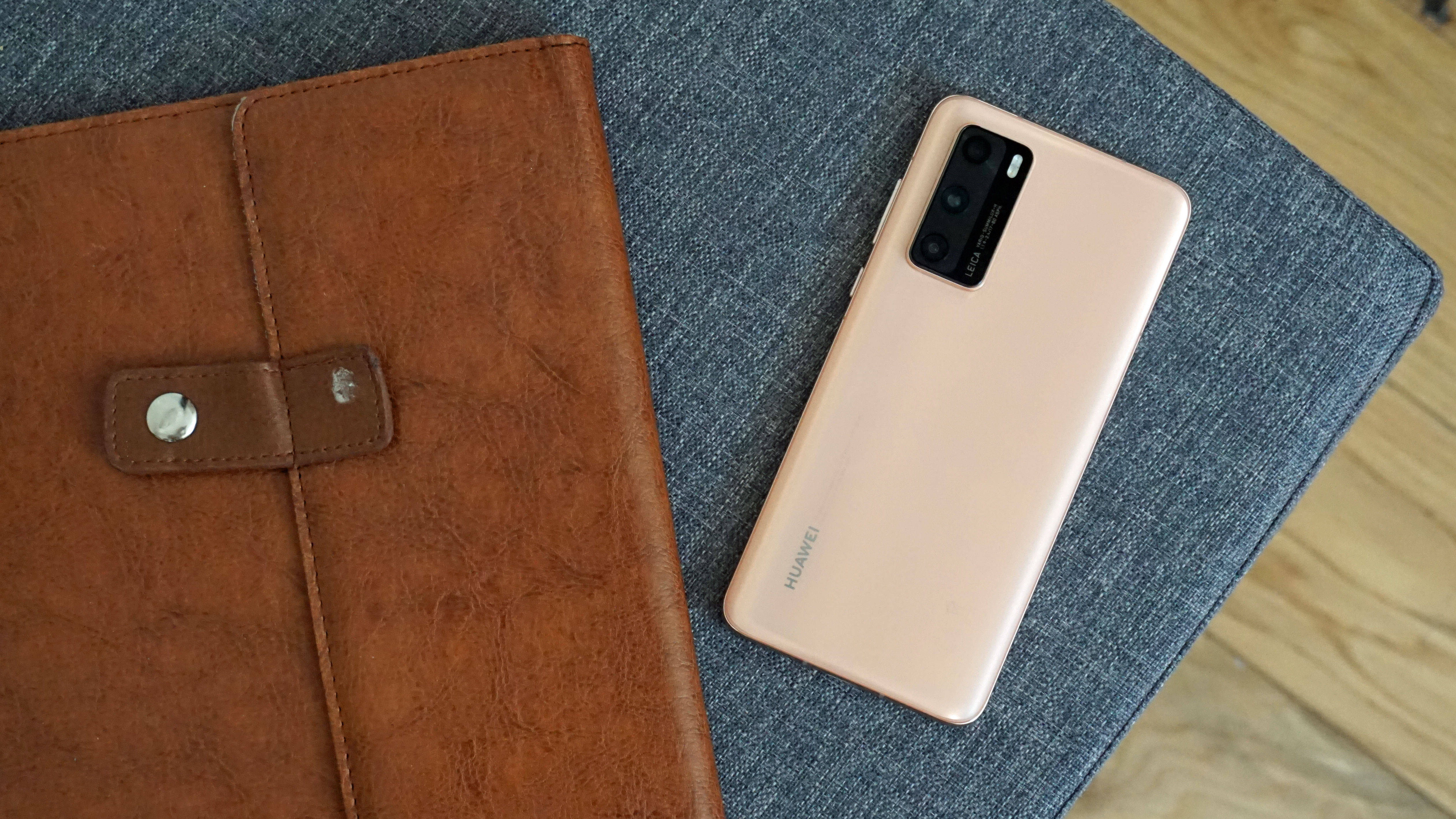Huawei P50 will reportedly include a Kirin 9000 chipset, but we’re not sure how
A Kirin question

The Huawei P50 will probably land in early 2021, and according to a new report it’s likely to use a Kirin 9000 chipset (the same one as you’ll find in the Huawei Mate 40 range), but that’s at odds with earlier comments from the company.
The Elec (a South Korean tech news site) claims that “people with direct knowledge of the matter” have said the Huawei P50 will land in the first half of 2021, and that it’s expected to use the Kirin 9000 chipset.
In any other year that wouldn’t come as a surprise, since Huawei usually debuts a new Kirin chipset (which it develops itself) in the Mate range, and then uses it again in the following P model.
- Read our full Huawei P40 review
- Check out our Huawei P40 Pro review
- These are the best Huawei phones
A ban on components
However, Richard Yu (President of the Huawei Consumer Business Group) said back in August that the company wouldn’t be able to keep using Kirin chipsets after 2020, as the Huawei ban in the US would prevent the company from sourcing the required components.
The report in The Elec acknowledges this but gives no explanation as to what could have changed, so we’re left guessing. Has Huawei found a source outside the US? Or has it simply stockpiled enough Kirin 9000s to keep using the chipset in future phones?
The other option of course is that this report is wrong, and certainly we’d take it with a pinch of salt, but if accurate then it sounds like the Huawei P50 could be on track and packing Huawei’s own high-end chipset.
As for the Huawei Mate 50, the report states that it’s unclear whether there will be orders for that, and makes no comment on what chipset it might use if and when it does launch. Still, that’s not expected until late 2021, so there’s plenty of time to learn more about it.
Sign up for breaking news, reviews, opinion, top tech deals, and more.
- Read our full Huawei Mate 40 Pro review
James is a freelance phones, tablets and wearables writer and sub-editor at TechRadar. He has a love for everything ‘smart’, from watches to lights, and can often be found arguing with AI assistants or drowning in the latest apps. James also contributes to 3G.co.uk, 4G.co.uk and 5G.co.uk and has written for T3, Digital Camera World, Clarity Media and others, with work on the web, in print and on TV.